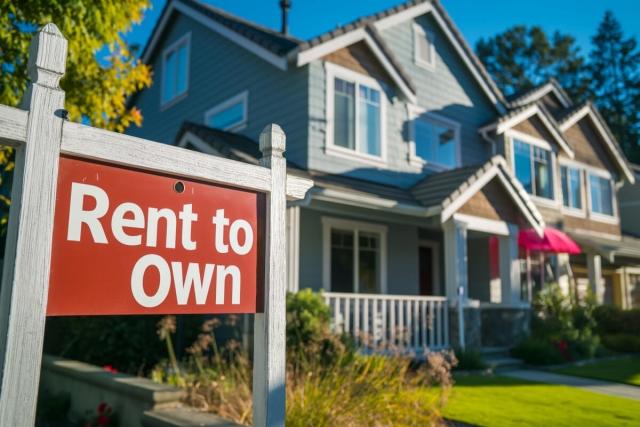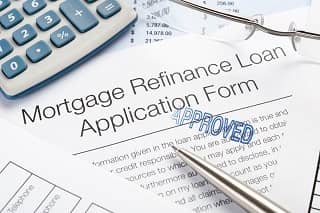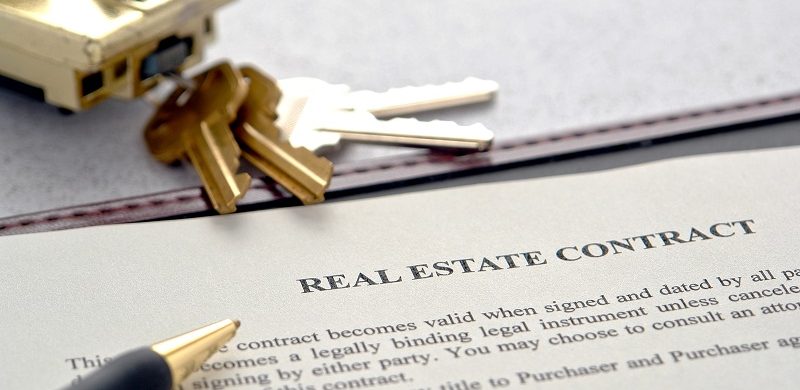The Truth About: Rent to Own
When home prices rise or mortgage rates make qualifying tough, some buyers start exploring creative paths to homeownership — one of the most talked about being “rent-to-own” or “contract for deed” properties.
At first glance, these deals sound appealing: live in the home now, buy it later, and skip the hassle of traditional financing. But here’s the truth — these arrangements are almost always designed to benefit the seller, not the buyer.
What Is a Contract for Deed?
A contract for deed (also known as seller financing or rent-to-own) is a private agreement between a buyer and a seller. Instead of getting a mortgage from a bank, the buyer makes monthly payments directly to the seller — often while living in the home.
The seller keeps legal title to the property until the contract is paid in full. Only then does ownership officially transfer to the buyer.
Sounds simple — but it’s not.
Why It’s Risky for Buyers
While contract-for-deed deals might seem like a shortcut to homeownership, they carry serious downsides that most buyers don’t realize:
- You don’t actually own the home. Until the final payment is made, the seller remains the legal owner. If you fall behind or miss even one payment, the seller can cancel the contract and you lose the property — along with every dollar you’ve already paid.
- You carry all the responsibilities of ownership — without the protection. Buyers are usually responsible for maintenance, property taxes, and insurance. But since you’re not on the title, you have limited legal rights.
- No equity protection. If the seller defaults on their own mortgage or property taxes, you could lose the home through no fault of your own.
- Hard to refinance or sell. Most lenders won’t refinance a contract-for-deed until it’s fully satisfied, leaving you stuck if circumstances change.
Who Benefits from These Deals?
In almost every case, the seller. They collect steady payments, avoid traditional financing red tape, and can reclaim the property easily if the buyer defaults.
For the buyer, it’s often an expensive and high-risk path that can end in disappointment — especially if credit or financing doesn’t improve as expected during the contract term.
However, if a buyer is able to improve their credit/financial situation and they benefit from the length/terms in the purchase contract this could turn into a situation where it's a "win-win" for both the buyer and the seller.
Better Alternatives for Minnesota Buyers
If you’re not quite ready to qualify for a mortgage, there are safer and smarter ways to move toward homeownership:
- Work with a reputable lender early. Even if you’re a year away from buying, a lender can help you build a step-by-step plan to improve credit and qualify.
- Explore down payment assistance programs. Minnesota offers several options that help first-time buyers get into homes with less cash upfront.
- Partner with a real estate agent who protects your interests. An experienced agent can connect you with trustworthy lenders, credit resources, and legitimate paths to ownership.
The Bottom Line
Contract-for-deed and rent-to-own agreements may sound like an easy fix — but in reality, they’re often a risky detour that benefits the seller far more than the buyer.
If you’re serious about becoming a homeowner in Minnesota, your best move is to work with a professional who can guide you toward financing options that are safe, transparent, and built for your long-term success.
📞 I’m here to help you explore all your options — and to make sure the home you fall in love with is one you can truly call your own.
Categories
Recent Posts










GET MORE INFORMATION

